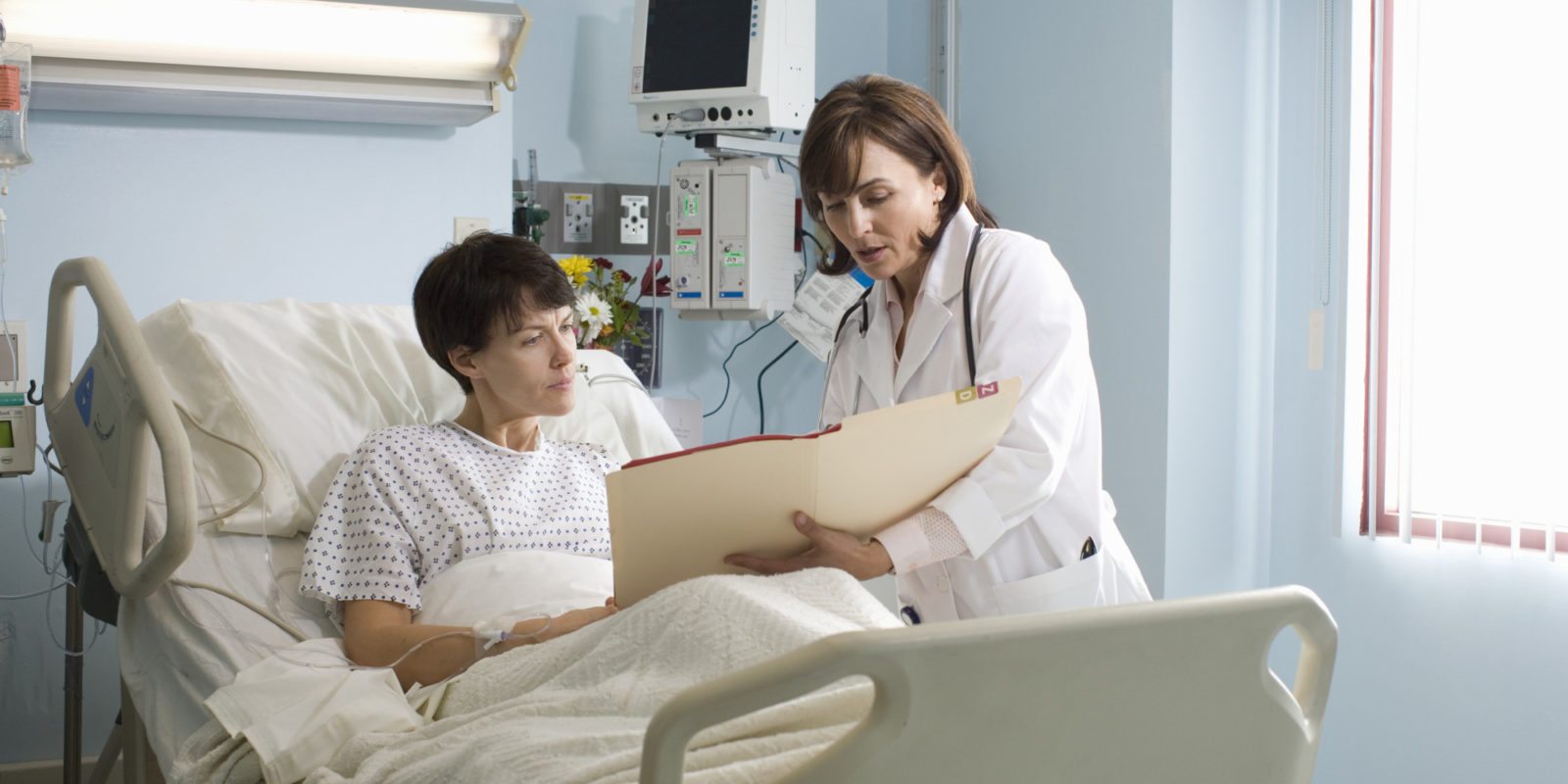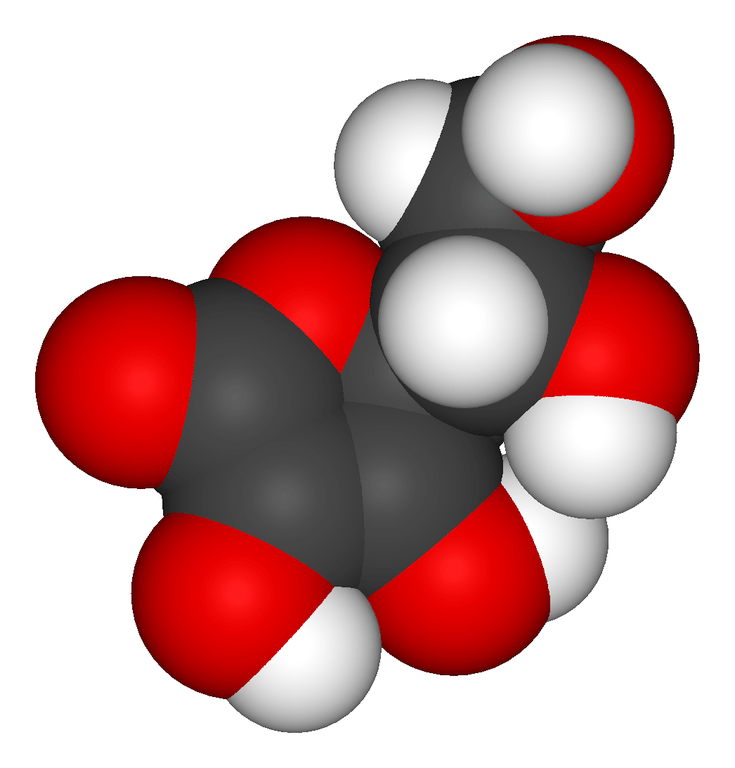Tag: ovarian cancer

When science- and evidence-based guidelines conflict with patient wishes: What’s a doc to do?
We use the term "science-based medicine" (SBM) because medicine isn't a science. The best medicine, however, is based in science. Patient values are also important, but what is a science-based doctor to do when SBM conflicts with what a patient or family wants?

Diet and exercise versus cancer: A science-based view
Yes, diet and exercise can be useful to prevent some cancers. Unfortunately, they don't prevent all cancers, and the effect size is more modest than often represented. That's not to say that eating right and exercise aren't good. They are, for so many other reasons than cancer. Just don't view them as a panacea for preventing cancer.
The ROCA Screening Test for Ovarian Cancer: Not Ready for Prime Time
Ovarian cancer is relatively rare but deadly. The lifetime risk of ovarian cancer is 1.5% compared to 12% for breast cancer, but it is the 5th most common cause of cancer death for women. Since the ovaries are hidden deep in the pelvis and the symptoms of ovarian cancer are non-specific, the cancer is often advanced by the time it is diagnosed...
Angelina Jolie, surgical strategies for cancer prevention, and genetics denialism (revisited)
Sometimes, weird things happen when I’m at meetings. For example, I just got home from the Society of Surgical Oncology (SSO) meeting in Houston over the weekend. Now, one thing I like about this meeting is that, unlike so many other meetings these days—cough, cough, ASCO, I’m looking at you—at the SSO there wasn’t a single talk I could find about “complementary...

The return of the revenge of high dose vitamin C for cancer
Vitamin C is back in the news as a cancer cure. Is it? No, no it is not.
Angelina Jolie, radical strategies for cancer prevention, and genetics denialism
I had been debating whether to blog about Angelina Jolie’s announcement last week in a New York Times editorial entitled My Medical Choice that she had undergone bilateral prophylactic mastectomy because she had been discovered to have a mutation in the BRCA1 gene that is associated with a very high risk of breast cancer. On the one hand, it is my area...

